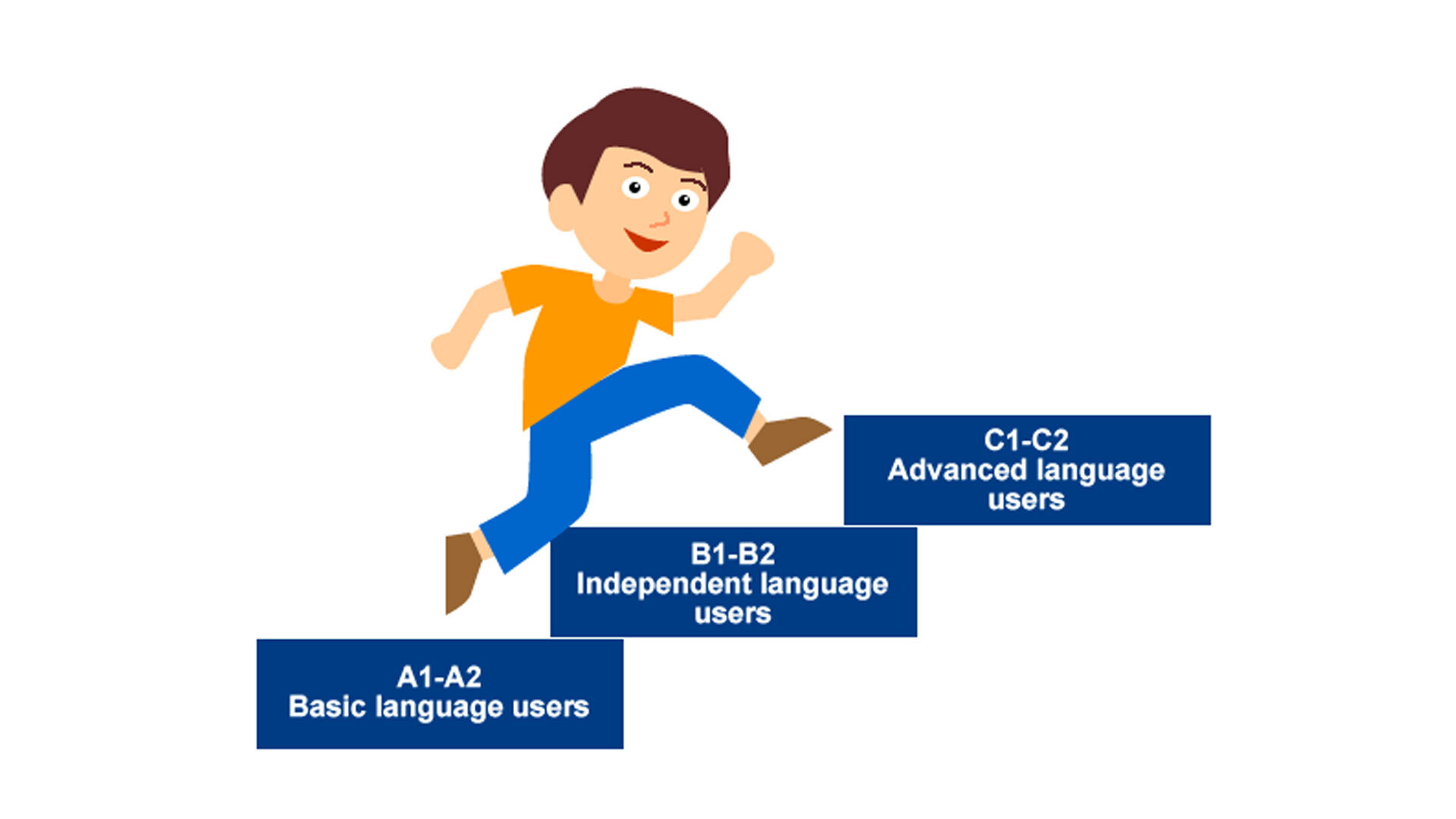B1 level has been characterized as the pillar in the acquisition process concerning the L2 language. This can be easily justified if we take into account the fact that at this level, students are asked to live up to the expectations of a more demanding learning procedure. No matter what the skill is (reading, writing, listening, or speaking), the topics cover a wide variety of interests, whilst the tasks assigned seem to be more challenging. Likewise, a teacher’s duty is to engage his or her students’ attention so that any task can be carried out smoothly.
Text by: Vangelis Gogoussis, FLS ownerand Sophia Labrou, Teacher
If we focus on a particular skill, for example, speaking, we are going to find out that our job is really difficult as speaking is a productive and active skill, so our students’ participation is of primary importance! Imagine having a speaking lesson where no student is actually talking! Personally, I would quit and change my occupation. So not only should we bear in mind the topics covered but also the outline of the tasks so that they would generate interest and hold students’ undivided attention.
Since at this level we have to deal with teens, we should find engaging topics without being trite. Talking about topics like hobbies or leisure time, their food preferences or their favorite holiday destination certainly does not sound quite appealing to them. At least, not at this level. Therefore, we should always try to present everything to them in a different way. To exemplify, it is important to arouse their critical thinking by starting conversations or debates that are closely related to their emotions and personal experiences.
Starting from the topics, they find it more meaningful to discuss the eating disorders faced during adolescence, social issues like stereotypes or their position in society, technological advancements and their pros and cons, human relationships, how music can influence our feelings or behavior, how we can deal with different current affairs in the world and so on. Generally, studies have proven that emotions have a tremendous influence on cognitive processes, including perception, attention, learning, memory, and problem solving. They have a particularly strong influence on attention and are intimately linked to learning processes. Thus, motivating our students to express their personal views or feelings on issues facing on a daily basis is definitely a way to capture their minds!
A second, but equally essential factor is the way we present speaking tasks to them. Due to their rebellious nature, students adore conflicts at this level. In other words, they are fond of debating. So whenever I desire to have a fruitful speaking lesson, I definitely prepare a debate on a topic to discuss, for instance, the pros and cons of the topic analyzed. I couldn’t agree more that debates transform the learning procedure into a student-centered lesson. Students communicate their ideas much more effectively. Similarly, once again, 21st-century skills are cultivated. They are implicitly taught to exercise their creativity. Their participation boosts problem-solving and critical-thinking skills. In addition, they learn to be spontaneous and active learners, communicating their arguments fervently.
Apart from the debates, they are really keen on tasks carried out via task-based learning (TBL). Due to its nature, it’s of utmost importance that students communicate. As a result, not only do their communication skills improve, but also their motivation and confidence. This can be justified by the fact that during TBL, students have to solve tasks that are relevant and interesting to them along with their peers. Since they are collaborating, they are becoming confident with the language within a group, which is a key step in acquiring that language. The bottom line is that they don’t actually feel that they’re studying a language at that moment because the task itself has gripped their minds.
When all is said and done, at the end of the day, the only thing that we care about is whether our students enjoyed the lesson. The best way to ensure this is to use relevant and engaging topics that develop and build their mindset according to their age and interests, disguised in the form of challenging tasks such as debates or TBL ones. At least, these are the ones in which our students immerse themselves.
